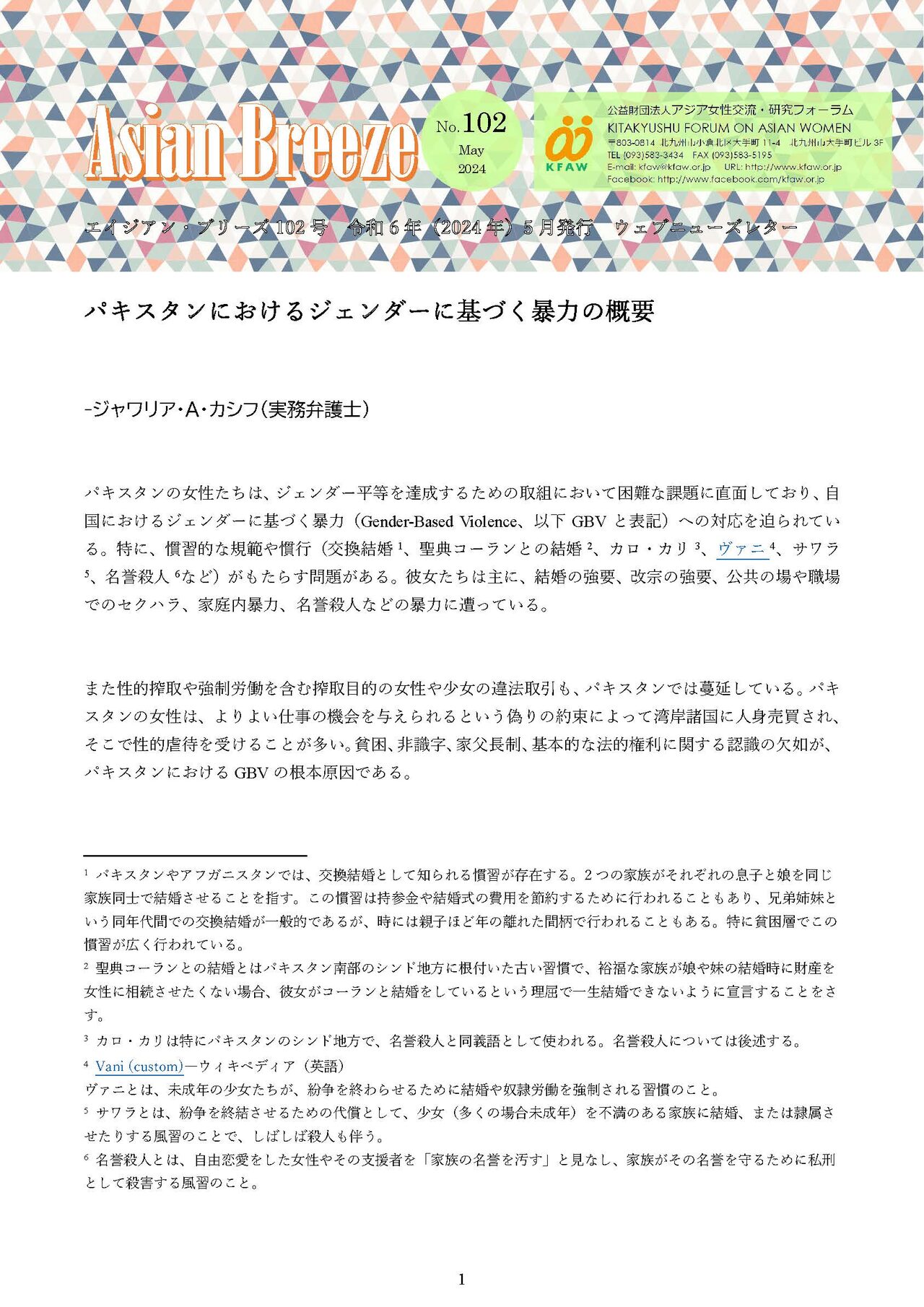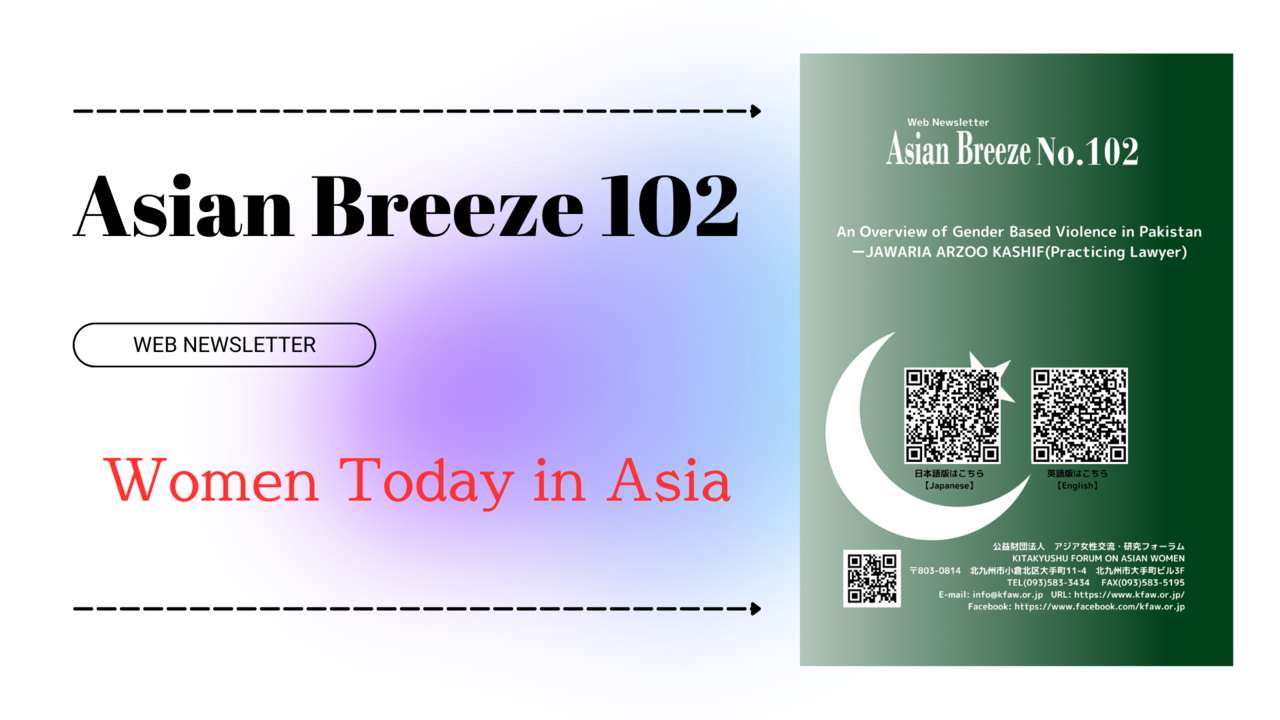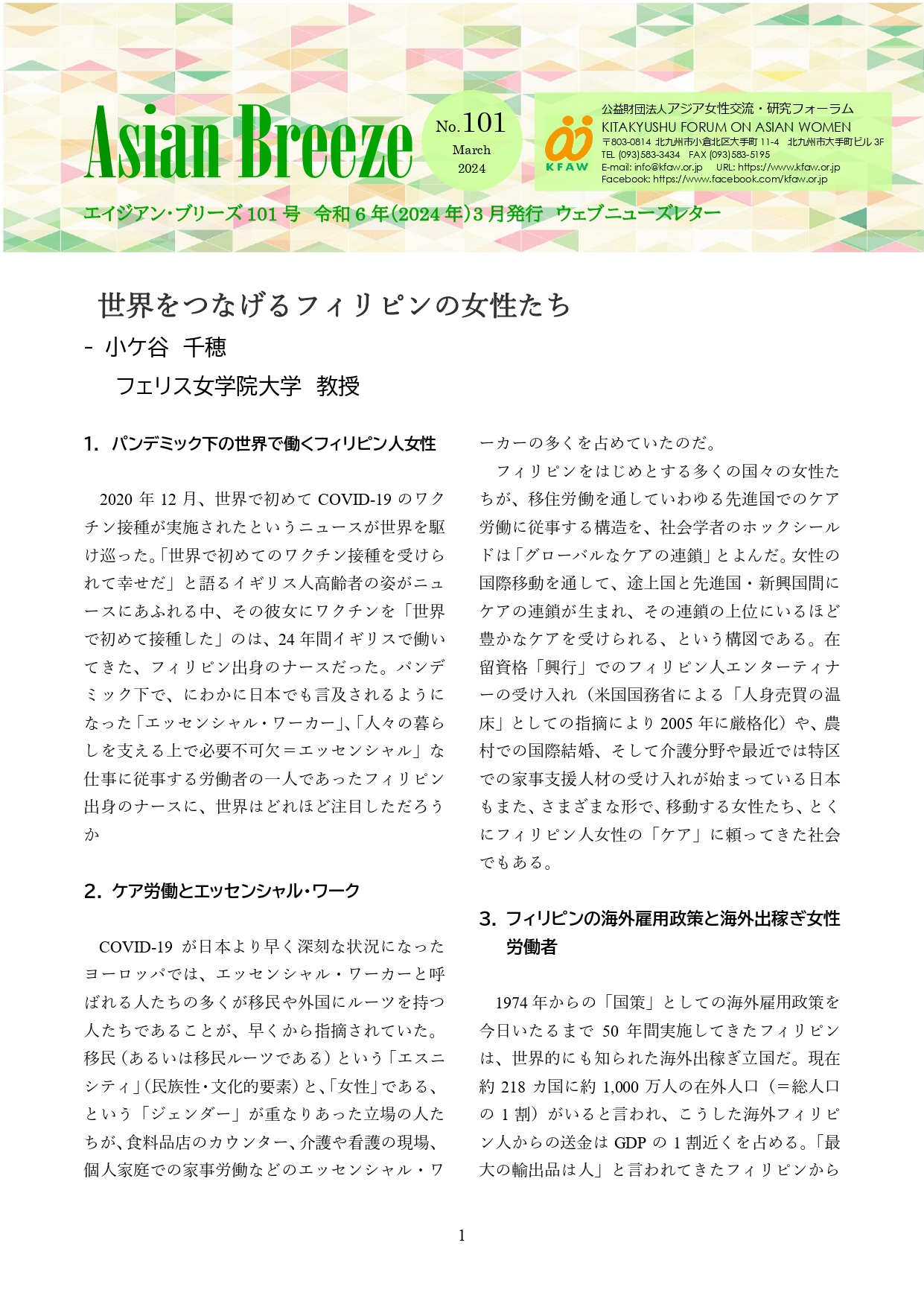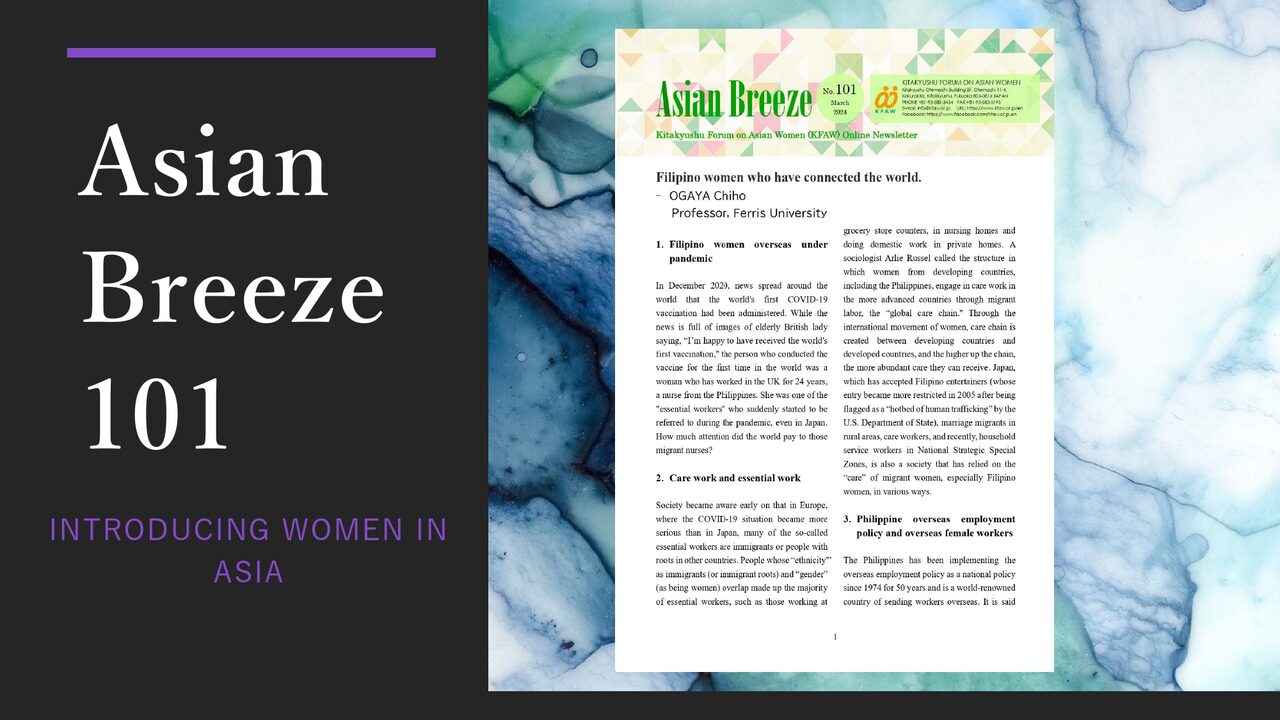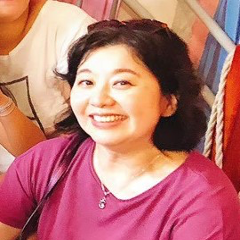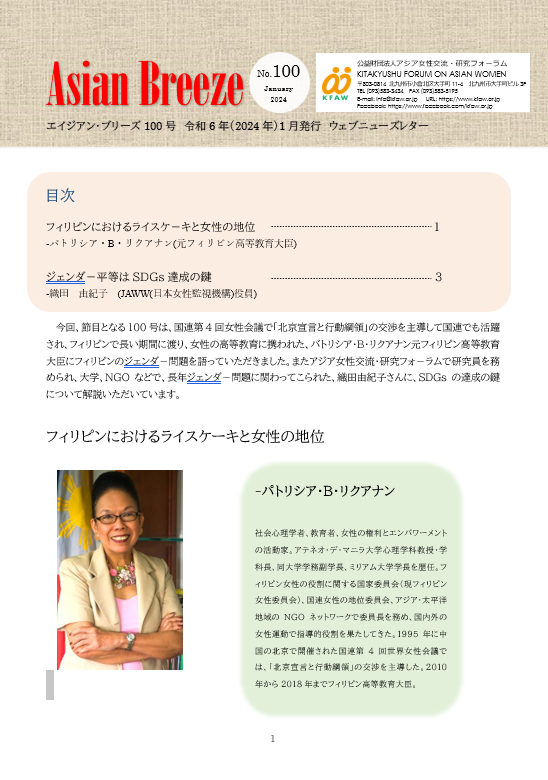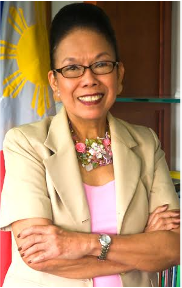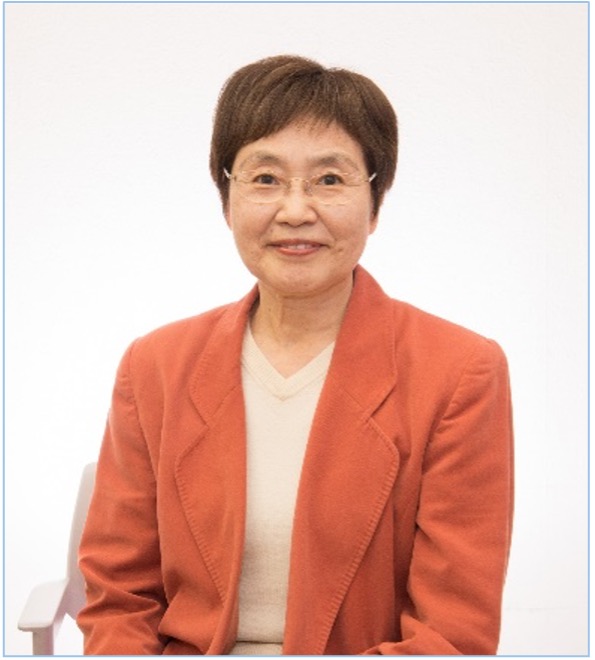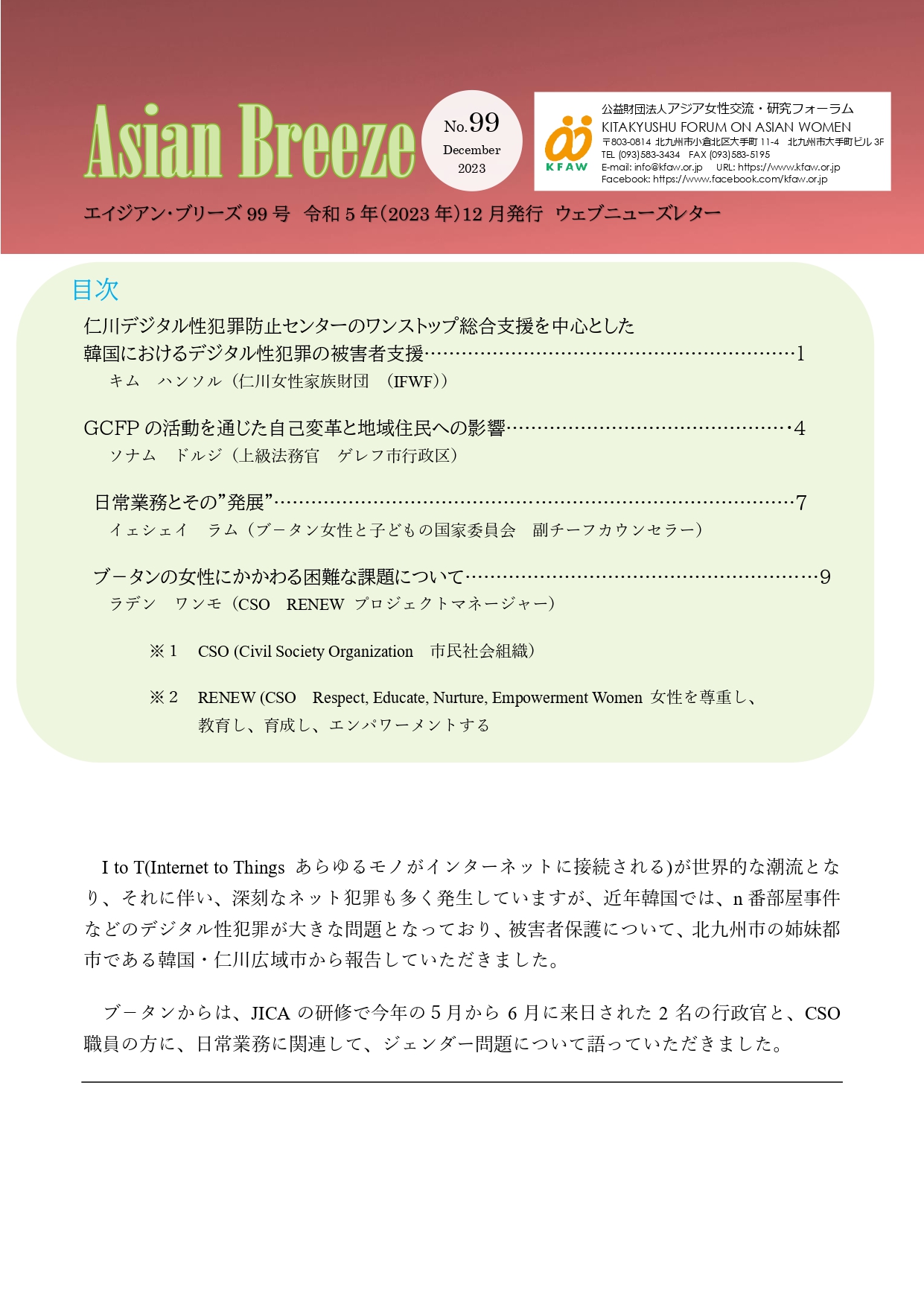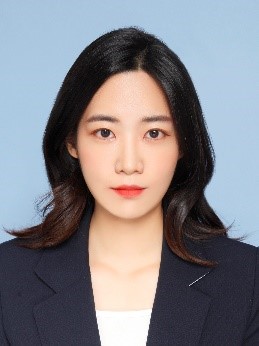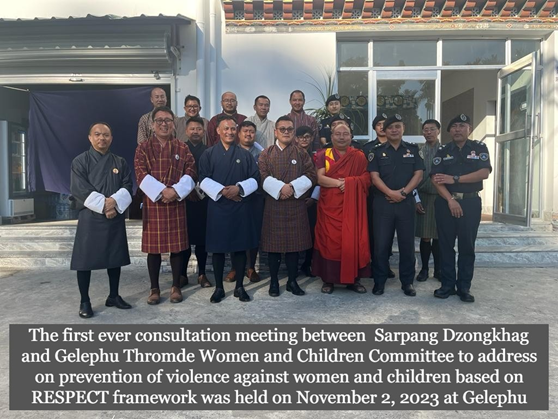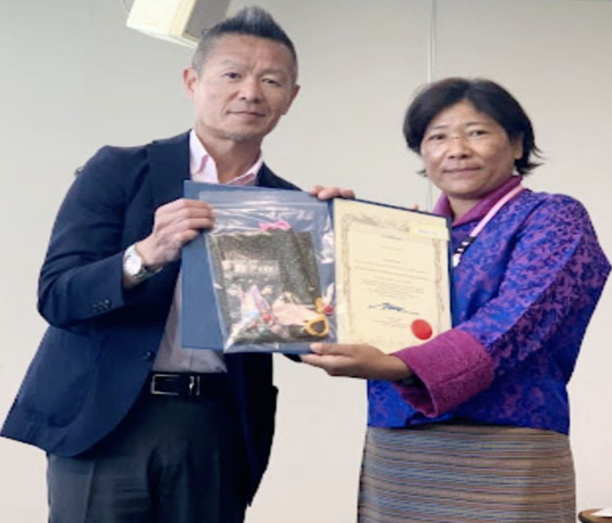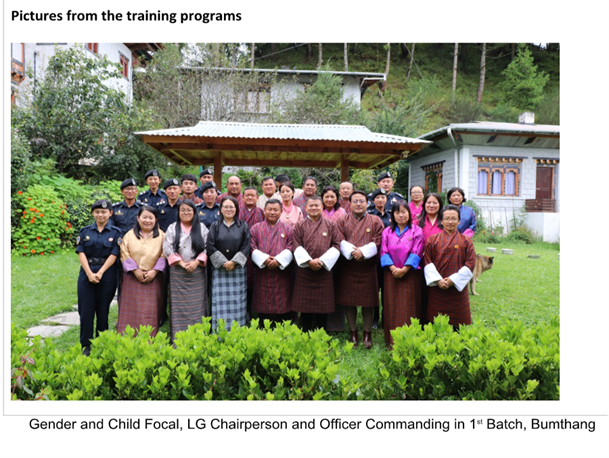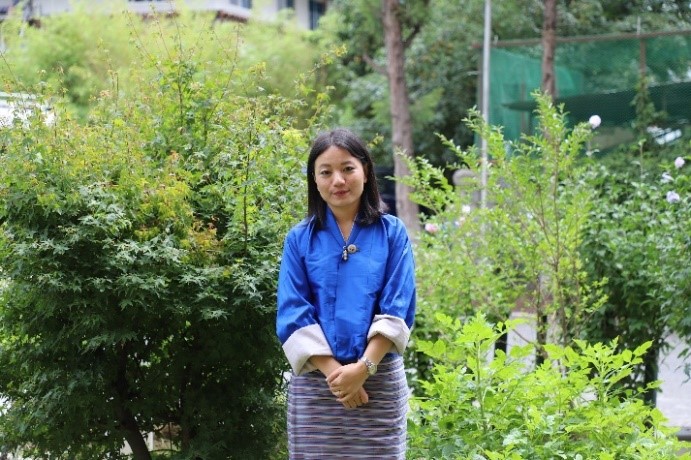The SDG Summit: halfway point to 2030
On September 18 and 19, 2023, the UN SDG Summit took place, bringing together heads of state every four years to conduct a comprehensive review of the implementation of the Transforming Our World: the 2030 Agenda for Sustainable Development (hereafter referred to as the SDGs), adopted by all United Nations Member States in 2015.
In his opening remarks at the Summit, UN Secretary-General Guterres stated, ‛Today, only 15 per cent of the targets are on track and many are going in reverse. Instead of leaving no one behind, we risk leaving the SDGs behind.’This follows the UN’s Sustainable Development Report 2023, Special Edition: Towards a Rescue Plan for People and Planet, which had pointed out the delay in progress of SDGs implementation using the expression ‛Promise in peril.’ The Sustainable Development Report (SDR) 2023, published by the Sustainable Development Solutions Network (SDSN), has also highlighted the slow progress, stating ‛not a single goal will be achieved by 2030 at the current rate.’
Based on this sense of urgency, the Secretary-General outlined what needs to be done in the remaining seven years, firstly to secure financing for the achievement of the SDGs and stressed the need to change the international financial architecture. He also identified six targeted areas where urgent transitions are needed: food, renewable energy, digitalization, education, decent work and social protection, and planetary crises, emphasizing that ensuring full gender equality is a cross-cutting perspective across all these areas. In this way, he enthusiastically inspired action to achieve the SDGs. The Global Sustainable Development Report (GSDR), a report by fifteen independent scientists appointed by the UN, centered on transforming the world, taking from the 2030 Agenda, and saw the SDGs implementation as a game-changer, viewing it as an opportunity to change the world.
Progress and challenges of the SDGs in Japan
The progress of the SDGs in Japan is evident in the number of people wearing SDG badges in business, government, or civil society, and the media offering special programs on the SDGs. Thanks to this, awareness of the SDGs in Japan is surprisingly high, at over 90%. However, despite the prominent level of awareness, Japan’s ranking by country, which indexes each country’s progress in achieving the SDGs, has fallen from 11th in 2017 to 21st in GSDR 2023. Goal 5, Gender Equality, is the leading goal where progress has not been made.
In Japan, the SDGs are implemented in accordance with the SDGs Implementation Guiding Principles (hereafter referred to as the Guiding Principles), led by the SDGs Promotion Headquarters headed by the Prime Minister. The Guiding Principles are to be revised in line with the UN SDG Summit, with the latest draft revision announced in November 2023 and called for public opinion, a new set of Guiding Principles will be announced in December 2023. Based on the Guiding Principles, an ‛SDGs Action Plan’ is prepared every year, and actions are taken accordingly, but the reality is that many of these plans are based on existing programs of ministries and agencies, So, it is difficult to say that they are plans to achieve the goals set out by the SDGs.
The most comprehensive review of progress is the Voluntary National Review (VNR), in which countries report at the High-Level Political Forum (HLPF) held annually at the UN. Japan’s most recent report was in 2021. To measure the progress of implementation, global indicators are defined in line with the 169 targets of the SDGs, and Japan’s corresponding data can be found on the website of the Ministry of Foreign Affairs (MOFA), but it is difficult to compare progress and understand the current situation compared to reports by the UN and other organizations because some data is not collected. Accountability remains in terms of verifying the progress of the SDGs in Japan.
Measuring progress on gender equality – gender mainstreaming and intersectionality
UN Women publishes an annual Gender Snapshot (hereafter referred to as the Snapshot) to examine the achievement of gender equality through the implementation of the SDGs. The Snapshot is informative for the promotion of the SDGs and gender equality in Japan in two ways. The first is that it specifically outlines progress and challenges in gender equality, not only through Goal 5, Gender Equality, of the SDGs, but also through all 17 Goals. This can be seen as a formulation of the preamble to the 2030 Agenda, which states the importance of mainstreaming gender perspectives to achieve the seventeen goals of the SDGs. The second feature of the Snapshot is that it presents an intersectionality perspective. Let us take a few goals from the Snapshot 2023 as examples.
Goal 9 of the SDGs on ‛Industry, Innovation and Infrastructure,’ presents gender-disaggregated data, including that women make up a quarter of those working in STEM (science, technology, engineering, and mathematics) and ICT fields, and that women account for only 17% of global patent holders. It further notes that women are at greater risk of being exposed to technology-facilitated violence and suggests the need to eliminate gender-based violence to achieve Goal 9. Gender-based violence is often referred to in Goal 5 and Goal 16 on Peace, Justice and Strong institutions, but the Snapshot suggests that it is also important for the achievement of Goal 9. In addition, Goal 9 introduces the finding that AI-based facial and voice recognition systems have more misclassified darker-skinned women compared to fair-skinned men, suggesting that the gender and racial bias of developers is a matter and drawing attention to the need for diverse people to be involved in the development.
Regarding Goal 11 on ‛Sustainable Cities and Communities,’the Snapshot projects that in 2050, 70% of the world’s women and girls will live in cities and one-third of them in slums or informal settlements, emphasizing the need for public investment in the settlement sector from a gender equality perspective. Then, Goal 11 leads toward the right to housing for women with disabilities by introducing data that women with disabilities account for 18% of all women, but only 27% (52 out of 190) countries have protection and promotion of women’s rights in their national policies on people with disabilities. Some local governments in Japan have included the perspective of persons with disabilities in their city planning, but it is necessary to verify how many of them have raised gender perspectives.
Regarding Goal 13 on ‛Climate Change,’ not only does the section present gendered data that 160 million women and girls will be at risk of extreme poverty and 240 million women of food insecurity by 2050 due to climate change. It also reminds us that countries are obliged to include a ‘gender perspective’ in their Nationally Determined Contribution (NDCs) under the Paris Agreement of the UN Framework Convention on ‛Climate Change.’ The report presents data showing that only fifty-five countries refer to gender equality in their NDC and twenty-three countries position women as agents of change. Thus, it shows that the achievement of Goal 13 ‛Climate Change’is related to Goal 1 ‛No Poverty’ and Goal 5 ‛Gender Equality.’ The Snapshot 2023 has a particular focus on older women, drawing attention to the issue of violence against older women as well as poverty among older women. It reminds us that it is Japan, a hyper-aged society, which needs to mainstream the issue of the human rights and dignity of older women in the implementation of SDGs. In this way, the Snapshot attempts to show the diverse issues of diverse people, not just gender disaggregated data. It can serve as a reference for examining the implementation of the SDGs in Japan.
Lastly, one example of progress made on gender through the implementation of the SDGs in Japan can be seen in the data on awareness and understanding of each theme of the SDGs.
According to a survey, awareness of gender equality was 90.2%, ranking second after food loss, and in terms of understanding, it ranked third after food loss and renewable energy (22.8%). At the very least, we can say that the SDGs have contributed to removing allergies to the term gender in Japan. As acknowledged in the Draft Revised Guiding Principles for the Implementation of the SDGs, Japan is severely lagging behind on Goal 5 ‛Gender Equality.’ This means that if Japan accelerates its efforts and achieves results in gender equality in the latter seven years to 2030, it could lead the global movement towards the post-SDGs as a country that has tackled difficult issues. The key to Japan’s achievement of the SDGs lies in its gender equality efforts.



